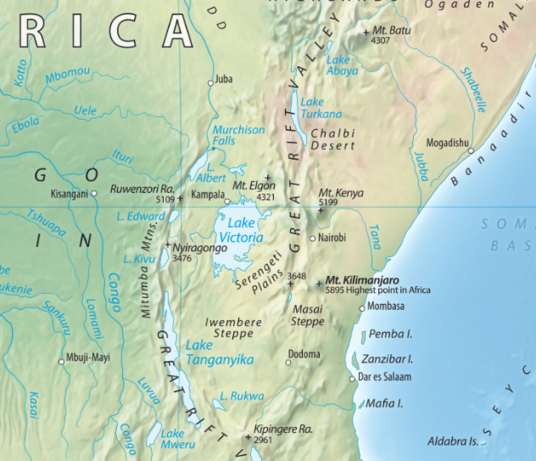
P124_Kenya_Uganda
Sustainable Tourism enhancement in the Lake Victoria region, East Africa
Cooperating countries: Kenya, Uganda and Austria
Coordinating institution: Maseno University, Stephen Kamau Nguthi, nstephen@maseno.ac.ke
Partner institutions: Nkumba University, University of Natural and Applied Life Sciences (BOKU), Vienna
Project duration: 1 August 2024 - 31 July 2026
Budget: EUR 23.390
Abstract:
Tourism ranks as the second largest foreign exchange earner in East Africa. As a result, tourism development in East Africa’s Lake Victoria basin has evidently been on the rise as the world continues to open up. However, pollution of the Lake and its surrounding as an ongoing phenomena has resulted into various challenges impacting negatively on the environment and tourism growth. Coupled with other challenges of the same nature like poor development planning, agricultural practices and unsustainable waste disposal, tourism sustainability isn’t guaranteed.
The goal of this project is to evaluate tourism around Lake Victoria with a view of developing an integrated sustainable tourism management framework for the region. To achieve this goal, the study will apply the European sustainable rural tourism guidelines framework and adapt it to the African context based on stakeholder involvement. Main focus will be on governance and management structures, environmental aspects, land use heritage, socio-economic benefits and regional development, Socio-cultural and built heritage, visitor experiences and type of tourism products.
Baseline data on favourable conditions and suitable indicators related to these optimal conditions will be collected from the stakeholders. This will form a basis for the development of the management framework. Findings will show regional strength and weaknesses based on international approved framework, as well as opportunities in the different study regions which need to be addressed in the future. Publications will address methodological findings including the adaptation of European sustainable rural tourism guidelines to the African context and specifically Lake Victoria region.